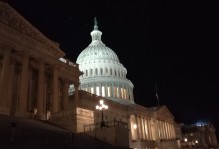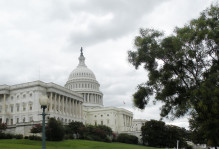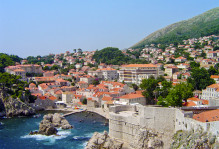“Are You African-American?” (2)
Even with my considerable knowledge about race and race relations, discussing race in South Africa has been one of the most difficult and confusing endeavors I’ve ever undertaken. I think the confusion starts with the fact that here in South Africa, I’ve suddenly become “coloured.” I began to surmise as much when a coloured woman who works in the dining hall started speaking to me in Afrikaans (the first language of Afrikaners and most coloureds). After I gave her a very confused look, she asked me where I was from in English and I told her the United States.
South Africa is the product of black Africans, whites (primarily Dutch/Afrikaners and British), Indians, Malaysians, and East Asians all coming together – some voluntarily, but most forcibly – in Southern Africa. Today, whites make up a little less than 10% of South Africa’s population. Coloureds (individuals with mixed ancestry) make up about another 10%. The remaining 80% are black Africans – members of one of the several Bantu-speaking ethnic groups indigenous to Southern Africa.
For me, trying to make parallels between South Africa and the U.S. has been somewhat helpful even though many of the racial groups found in the U.S. don’t exist here (i.e. Hispanics, Native Americans, etc.). If we completely disregard all historical and social causes for the U.S.’s current racial categories and go simply by appearances, this is what I believe the U.S. would look like if we used South Africa’s racial standards:
– Whites
– Coloureds (all fair-skinned and biracial African-Americans, Hispanics/Latinos, Native Americans, South Asians, Pacific Islanders, or any mixture of these groups with one another or with whites)
– Indians & Asians (generally East Asians – Chinese, Koreans, Japanese, etc.)
– Black Africans (dark brown-skinned African-Americans)
So in such a system, my friend Shay from Bangladesh and I would be categorized in the same racial group, while my father – whose black, but has a darker complexion than my mother, sisters, and me – would fall under a different racial category. Under Apartheid, my parents’ marriage would have been illegal. My family would’ve had to either flee the country or stay and have my father live separately from all of us and not acknowledge that he was our father…




No comments.
Comments are currently closed. Comments are closed on all posts older than one year, and for those in our archive.